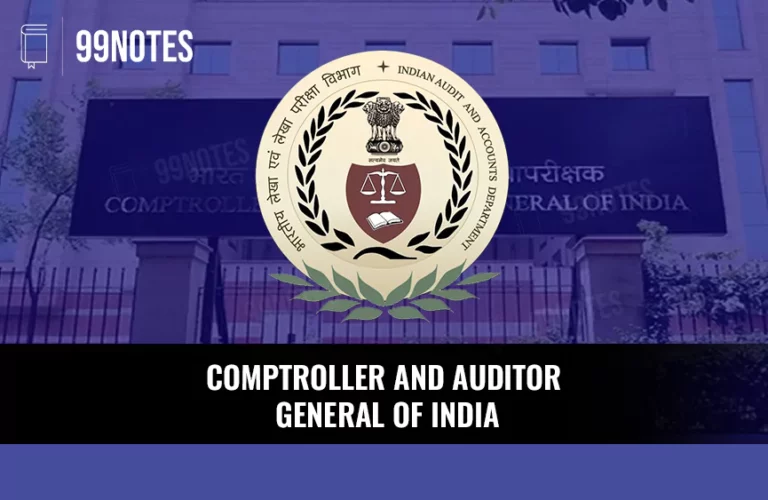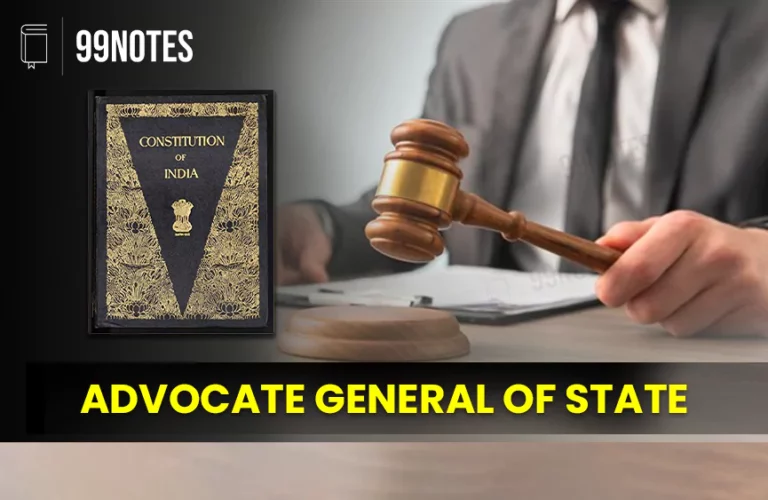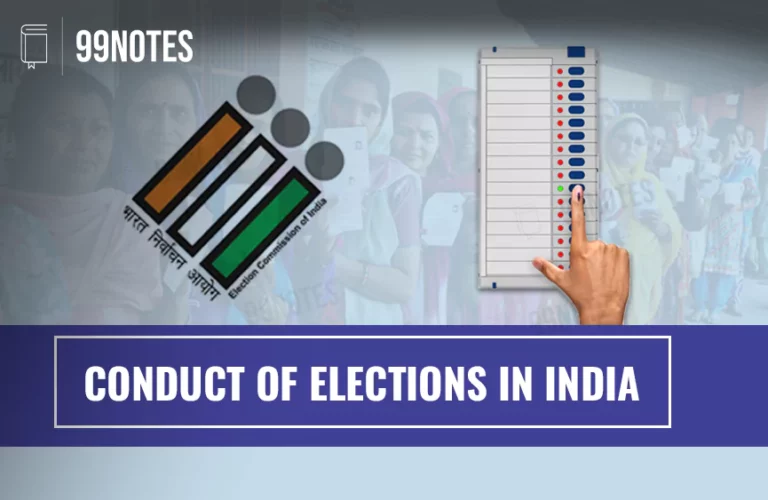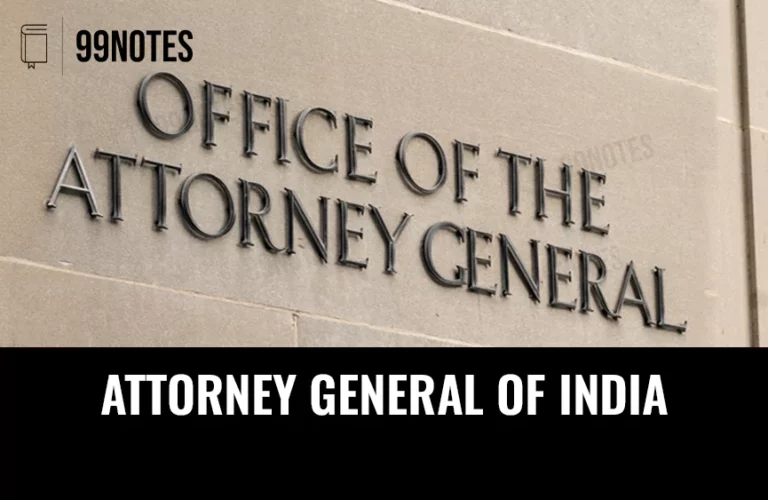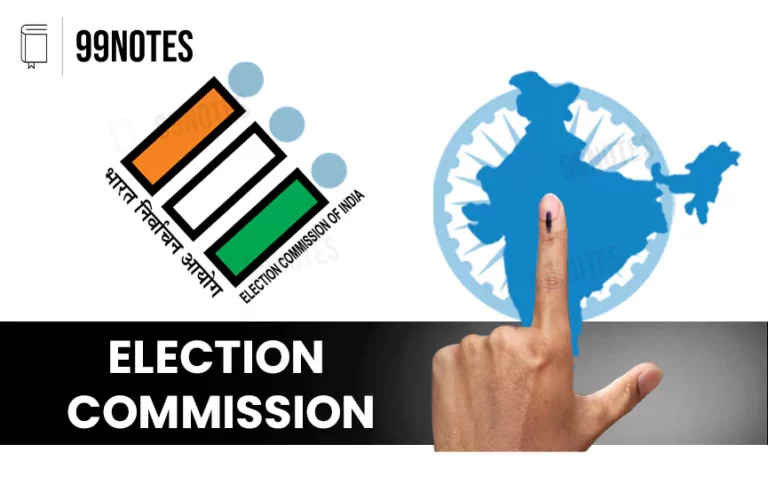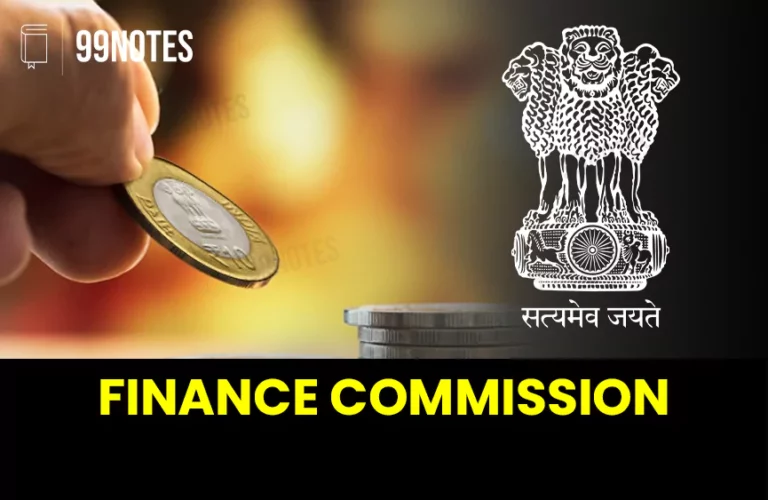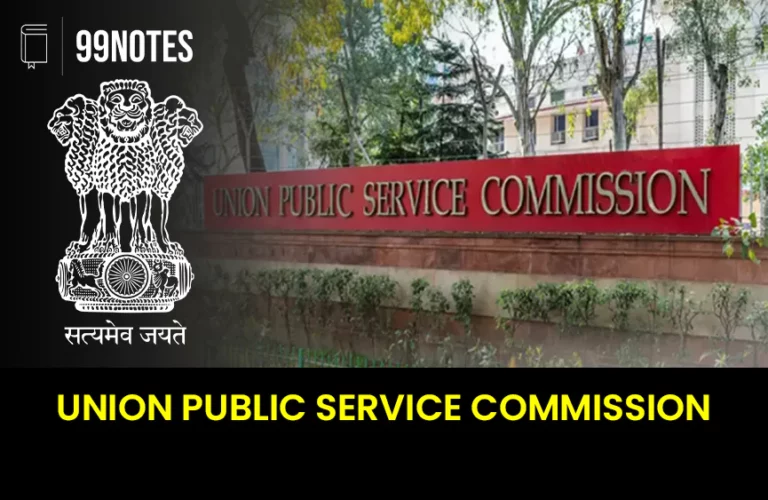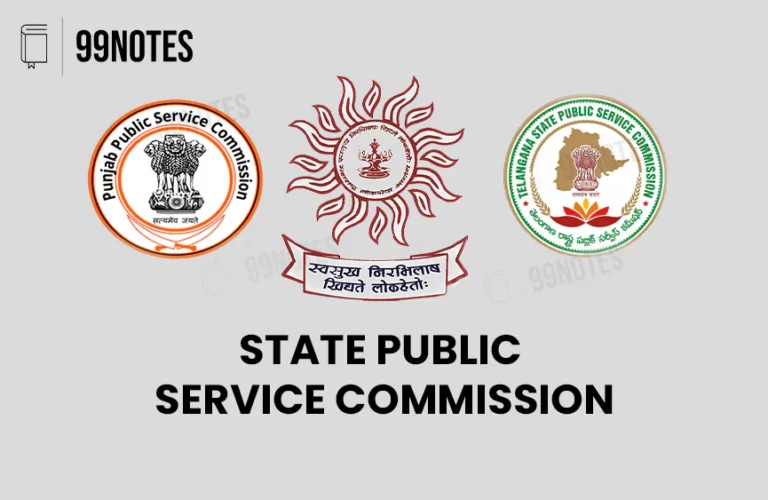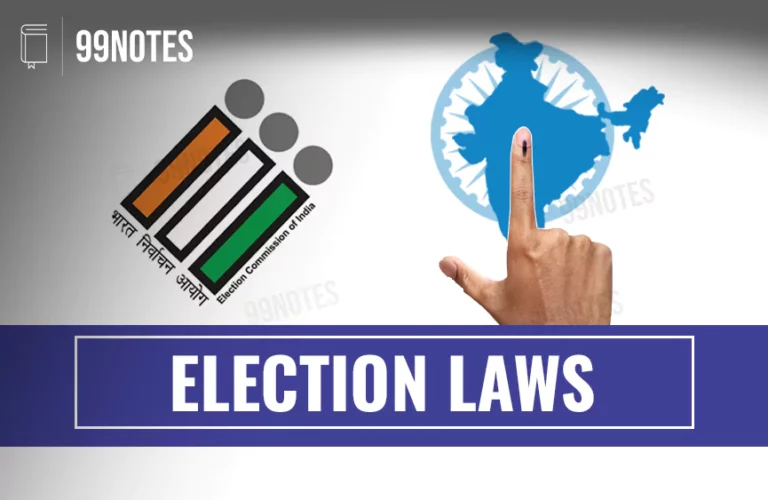National Commission for Scheduled Tribes- UPSC Notes
National Commission For Scheduled Tribes The National Commission for Scheduled Tribes (NCST) was added to the Constitution under Article 338A by the 89th Constitutional Amendment Act, 2003, to safeguard the rights of the Scheduled Tribes. Scheduled Tribes: Under Article 366, the Constitution prescribes that scheduled Tribes are such Tribes or tribal communities as are given…


